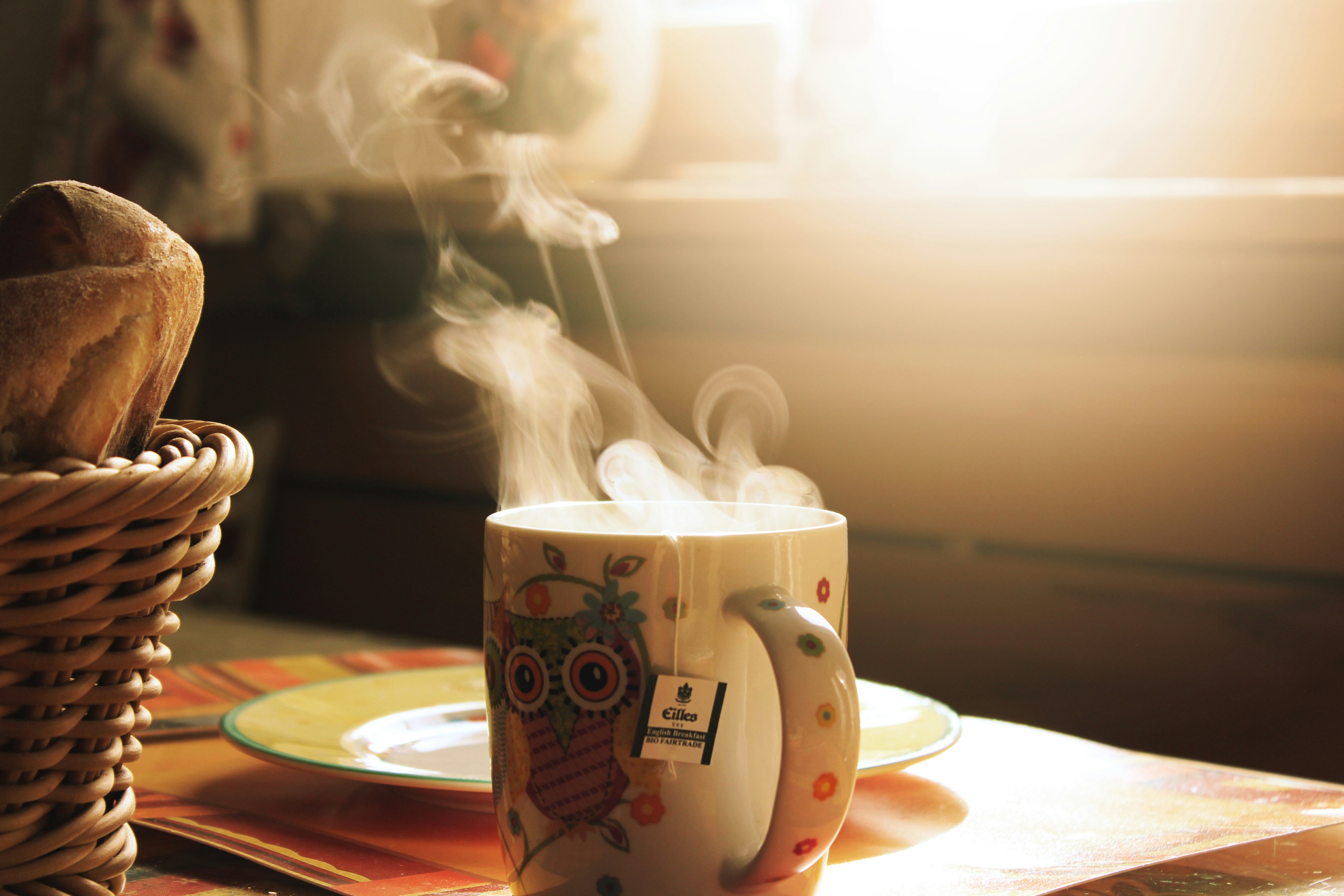Media release
From:
Generally, things really do seem better in the morning, large study suggests
Clear time of day patterns in frame of mind: best early on; worst late at night
Generally, things really do seem better in the morning, with clear differences in self-reported mental health and wellbeing across the day, suggest the findings of a large study published in the open access journal BMJ Mental Health.
People generally wake up feeling in the best frame of mind in the morning but in the worst around midnight, the findings indicate, with day of the week and season of the year also playing their part.
Mental health and wellbeing are dynamic in nature, and subject to change over both short and extended periods, note the researchers. But relatively few studies have looked at how these might change over the course of the day, and those studies that have, have included particular, or only small, groups, they add.
The researchers therefore wanted to explore whether time of day was associated with variations in mental health (depressive and/or anxiety symptoms), happiness (hedonic wellbeing), life satisfaction, sense of life being worthwhile (eudemonic wellbeing) and loneliness (social wellbeing). They also wanted to find out if these associations varied by day, season, and year.
They analysed data from the University College London COVID-19 Social Study, which began in March 2020, and involved regular monitoring until November 2021, and then additional monitoring up to March 2022.
All studied aspects were measured via questionnaires using validated assessment tools or through single direct questions: “In the past week, how happy did you feel; how satisfied have you been with your life; to what extent have you felt the things you are doing in your life are worthwhile?”
Time stamps on completion of each survey provided information on time of day (continuous from 6 am to midnight); day of the week; season; and year (2020, 2021, 2022).
Information on other potentially influential factors included age groups (18–29, 30–45, 46–59, 60+), gender, ethnicity, educational attainment, employment status, residential area (rural, urban) and diagnosed physical and mental health conditions (yes, no).
Complete information was available for 49, 218 people, three quarters of whom (76.5%) were women. People educated to degree level or above were over represented (68%) while those from ethnic minority backgrounds were under represented (6%). The sample was therefore weighted to reflect population proportions.
Analysis of the data revealed a clear pattern in self-reported mental health and wellbeing across the day, with people generally waking up in the morning feeling best—lowest depressive/anxiety symptoms and loneliness and highest happiness, life satisfaction, and worthwhile ratings—and feeling worst around midnight.
The influence of day of the week was less clear-cut, with more variation in mental health and wellbeing during weekends than on week days.
Happiness, life satisfaction, and worthwhile ratings were all higher on Mondays and Fridays than on Sundays, and happiness was also higher on Tuesdays. But there was no evidence that loneliness differed across days of the week.
There was clear evidence of a seasonal influence on mood, however. Compared with winter, people tended to have lower levels of depressive and anxiety symptoms and loneliness, and higher levels of happiness, life satisfaction, and feeling that life was worthwhile in other seasons.
And mental health was best in the summer across all outcomes. But the season didn’t affect the associations observed across the day, however.
Mental health and wellbeing also steadily improved from 2020, the first year of the COVID-19 pandemic.
This is an observational study, and as such, can’t establish cause. And when people chose to fill in their questionnaires might have influenced the findings, say the researchers. No information was available for sleep cycles, latitude, or weather, all of which may also have been influential, they add.
But the changes in mental health and wellbeing across the day might be explained by the physiological changes associated with the body clock, they suggest.
“For example, cortisol peaks shortly after waking and reaches its lowest levels around bedtime. However, it is important to acknowledge the differences between weekends and weekdays,” they write.
“Given there is little evidence that physiological processes differ across different days of the week, differences might be related to other factors that drive [mental health and wellbeing] changes over the course of the day. This could include contextual factors and sequence of daily activities, which are likely to be different between weekends and weekdays.”
The similar time of day patterns in mental health and wellbeing, irrespective of the seasons, is surprising, as one of the main reasons for seasonal changes in frame of mind is the number of daylight hours, say the researchers.
“Other drivers of the seasonal variation in [mental health and wellbeing] could include weather (temperature, precipitation, humidity) as well as various sociocultural cycles, including cultural holidays, norms, and employment patterns,” they suggest.
The findings have implications for service delivery and clinical assessments, say the researchers. “Finally, in relation to public health, our findings indicate that people’s [mental health and wellbeing] tends to be lowest around midnight, mid-week, and in winter. This should be considered when planning service and resource provision.”



 International
International



